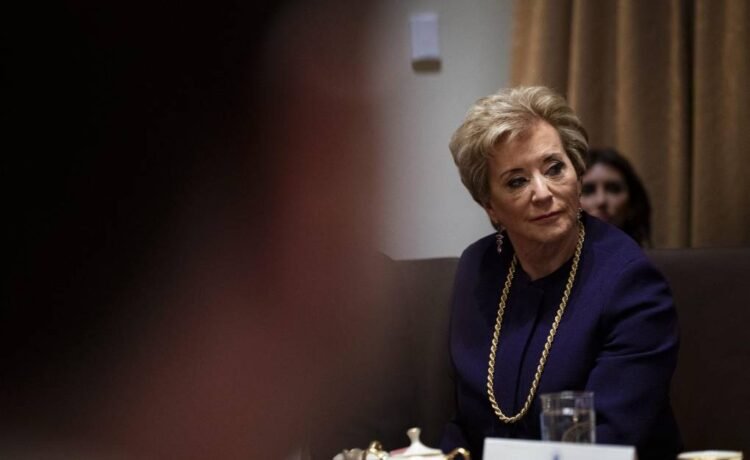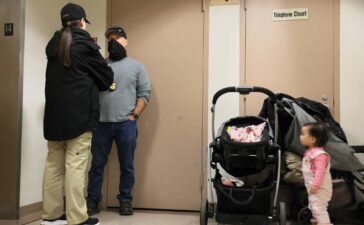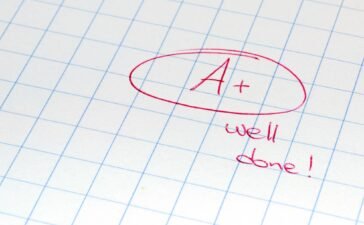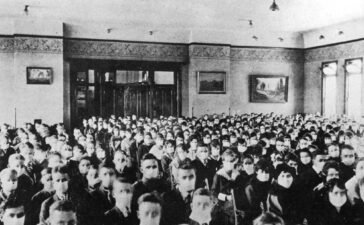“This could not have come at a worst time for millions of Americans,” said Aissa Canchola Bañez, Policy Director for the Student Borrower Protection Center, a nonprofit group that aims to reduce student debt. Those borrowers, she added, “are already finding themselves having to navigate such incredible economic uncertainty over the last few months.”
She also points to the fact that older borrowers tend to face the greatest struggles in repaying their loans: nearly 40 percent of federal borrowers over the age of 65 were in default on their student loans, according to a 2017 report from the Consumer Financial Protection Bureau. “These are older folks who are on fixed incomes,” she says.
When borrowers fall behind, Bañez added, their credit scores can take a hit, making it harder to qualify for more credit and other loans for things like housing and other basic needs.
The Education Department said in its notice that, later this summer, it will begin the process of garnishing wages—meaning payments would be automatically deducted from borrowers’ paychecks.
You Might Also Like
How Immigration Raids Traumatize Even the Youngest Children
“Kids know about people being taken, and they worry. That diffused fear just spreads,” said Joanna Dreby, a professor of...
Easy A’s, Lower Pay: Grade Inflation’s Hidden Damage
But its findings are striking and build the argument against raising grades. Slide from Feb 3, 2026 presentation by economist...
How the New Dietary Guidelines Could Impact School Meals
In early January, the Department of Health and Human Services and the USDA unveiled new Dietary Guidelines for Americans, along...
Looking Back: When the Spanish Flu Upended Universities, Students Paid the Price
Instead, institutions moved on. “We essentially aged out of it,” said Levine, speaking at the American Enterprise Institute in January...










